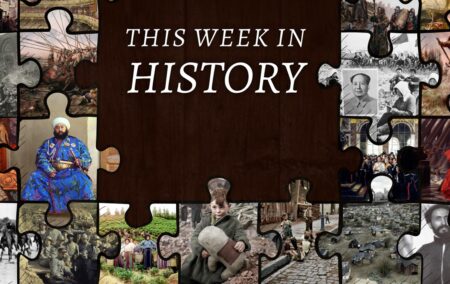This Week in History recalls memorable and decisive events and personalities of the past.
5th March 1046 – Nasir Khusraw begins the seven-year Middle Eastern journey which he will later describe in his book Safarnama
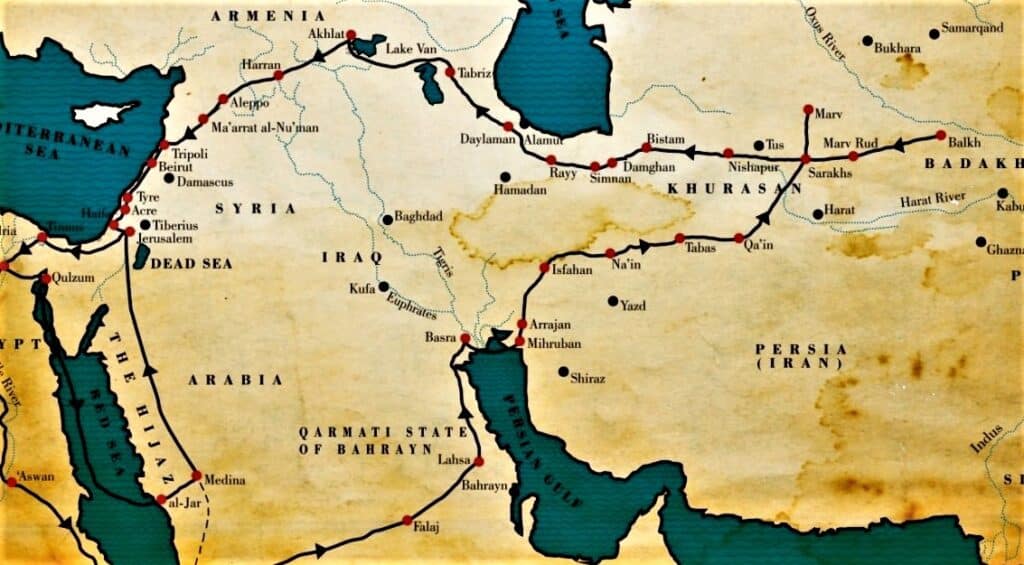
On 5 March 1046, the Persian poet, scientist, administrator and Shiite scholar, Nasir Khusraw, set out on his pilgrimage to Mecca, the Haj (a rite all Muslims must perform once in their lives). The journey would end up taking him across the Islamic world in a seven-year odyssey that would form the basis for one of the greatest examples of Persian literature, his travel book Safarnama.
Nasir was born in 1004, in what is modern-day Tajikistan, which at the time was a province of the Turkic Ghaznavid Empire, an empire founded some decades before by slave soldiers who had made themselves kings of much of central Asia, Afghanistan, Pakistan and north-western India.
Born to wealthy parents, Nasir was educated well, being taught not just Islamic theology but also science, maths, medicine, astronomy, astrology and Greek philosophy. He also studied numerous languages apart from his native Iranian dialect, such as Arabic, Turkish, Greek, some of the languages of north-western India and possibly Hebrew.
Until 1046, he worked as an administrator, tax collector and financial secretary for the Sultan, a Turkish Seljuk Sunni Muslim, who ruled much of the Middle East at the time. However, around the year 1046, Nasir claimed to have had a divine revelation in a dream in which he believed a heavenly voice spoke to him. Nasir immediately put aside all the luxuries of his life and set about planning his Haj pilgrimage to Mecca.
Deciding not to take the direct route but instead to tour the Islamic world, Nasir wet north towards the Caspian Sea before eventually turning south towards Mecca. Over next seven years, during which he covered 19 000 kilometres, Nasir visited Mecca four times and completed all the rites of pilgrimage. He also visited Jerusalem, his sketches of which have proved very useful to historians today, and the Capital of the Shiite Fatamid Caliphate, Cairo, which he was immensely impressed by. He converted to Ismaili Shiite Islam.
He kept detailed notes on his journey of the places he visited and the sights he saw, which he would later form into his book Safarnama (The Book of Travels). This work is considered a classic of Persian literature and is still readable by Persian speakers today, 1 000 years later.
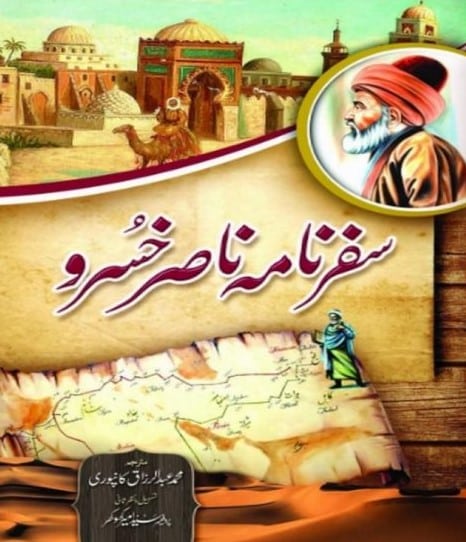
Nasir would spend much of the rest of his life trying to convert his homeland to Ismaili Shiite Islam, but would ultimately be driven from the region by Sunni radicals. Nasir spent the final years of his life as a hermit in the mountains of Afghanistan, and attracted many followers.
6th March 1957 – Ghana becomes the first Sub-Saharan country to gain independence from the British
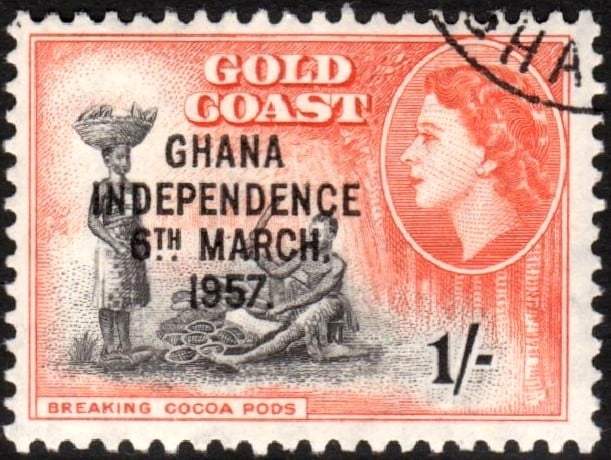
After the Second World War, the colonial powers of Europe were exhausted, in debt and focused on rebuilding their nations. During the war the colonial powers had to call on their colonies many times to help in the war effort, and the military setbacks Britain suffered, particularly in East Asia, diminished British stature in the eyes of their colonial subjects.
The war had also increasingly been defined by the United States and the Soviet Union who, by the end of the war, were the dominant powers on the planet, and equally opposed to European colonialism in Africa and Asia. The Allied powers of the United States, Britain, France, Belgium, and the Netherlands had defined the conflict as one between the tyranny of the Fascists and the freedom and democracy which they practised at home. However, these arguments undermined their justification for colonial rule, something not missed by the local colonial elites across the empires who had long been denied social and political due to their race.
When the war ended, the local elites of the colonies began to agitate for self-rule and independence from their colonial overlords. With the Europeans’ focus now very much on their home countries and with American and Soviet pressure being brought to bear, European colonial powers began to hand over power to their subjects.
In the British colony of the Gold Coast, black African merchants who were disadvantaged by colonial economic policy funded the creation of a political party by sponsoring local chiefs, academics and lawyers to form the United Gold Coast Convention (UGCC) in 1947, whose goal was to end British rule.
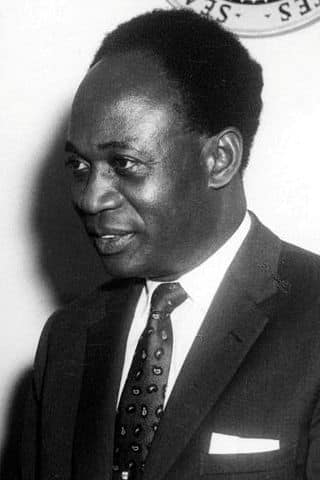
A man named Kwame Nkrumah, who had come from a poor rural family, but had excelled in his studies in Catholic mission schools and had gone on to study in the United States and the UK, was invited to become the secretary general of the UGCC.
Unrest grew in the Gold Coast colony after the end of the war in 1945; the economy had been hurt by the war, which brought rising inflation and the burden of returning soldiers and servicemen who had fought or worked for the empire but were now unemployed. This culminated in riots in the capital of Accra in 1948. The colonial authorities blamed the unrest on the UGCC, and arrested Nkrumah and the other high-ranking members of the organisation. They were released after local protests.
Nkrumah used the UGCC and his arrest to grow his own popularity. In contrast to the more conservative UGCC members, Nkrumah was more socialist and had been strongly influenced by Marxists he had met in Western universities. He also had adopted ideas from W. E. B. Du Bois and Marcus Garvey, who advocated for ‘soul politics’ and racial nationalist Pan-Africanism.
In 1949 Nkrumah broke from the UGCC and formed his own party, known as the Convention People’s Party (CPP).
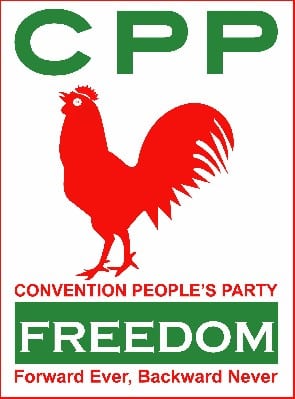
In 1951 the British allowed a legislative election in the Gold Coast in which all adults could vote. The CPP had organized far more effectively and outmanoeuvred the UGCC to win 34 of the 38 seats in the legislature. Nkrumah was elected prime minister and began to rule the Gold Coast Colony in collaboration with the British.
Nkrumah won over the British government and, as time passed, he was given a largely free rein to run the colony. Nkrumah also agitated for the merging of the colony with the neighbouring Ashanti Colony, the protectorate of the Northern Territories of the Gold Coast and the United Nations trust territory of British Togoland to form one new nation. In 1954 Nkrumah’s party once again won the election, with 71 of the 104 seats.
The demand to unify the protectorates and colonies was strongly opposed by many in the Ashanti colony and Northern Territories who formed a group called the National Liberation Movement (NLM) and wanted a federal union not a unitary state. This group also sought to establish an upper house of parliament which would represent local chiefs and hold in check the parliament dominated by the CPP.
As the colony moved towards a new constitution which would be the final step before independence, the dispute between the NLM and the CPP led to some rioting and political violence. The NLM appealed to the British to set up a commission to investigate how the final constitution of the new nation, soon to be called Ghana, should be structured. The British refused and instead organized another election in 1956 to see who the population supported. The CPP won this election with 57% of the vote, retaining 71 of the 104 seats. This legislature voted for independence and decided the country would be called Ghana.
In the final constitutional settlement, some concessions were made to the NLM, with Ghana being divided into five regions, and chiefs being given some role in government. On 21 February 1957 British Prime Minister Harold Macmillan announced that Ghana would become a full member of the Commonwealth of Nations a few weeks later, on 6 March.
Indeed, on 6 March1957 Ghana became independent as the ‘Dominion of Ghana’, with the Queen remaining as head of state. Ghana was the first African colony to achieve independence.
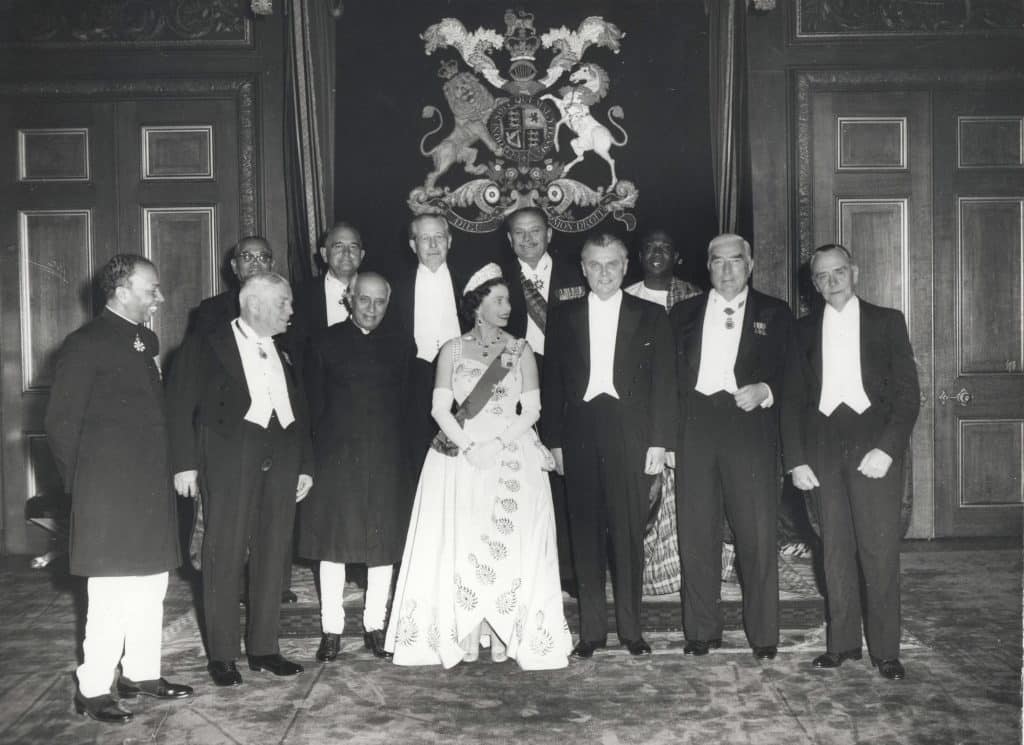
Nkrumah would organize a referendum and election three years later in 1960 which would see Ghana become a republic and his becoming the new president, replacing the Queen as head of state.
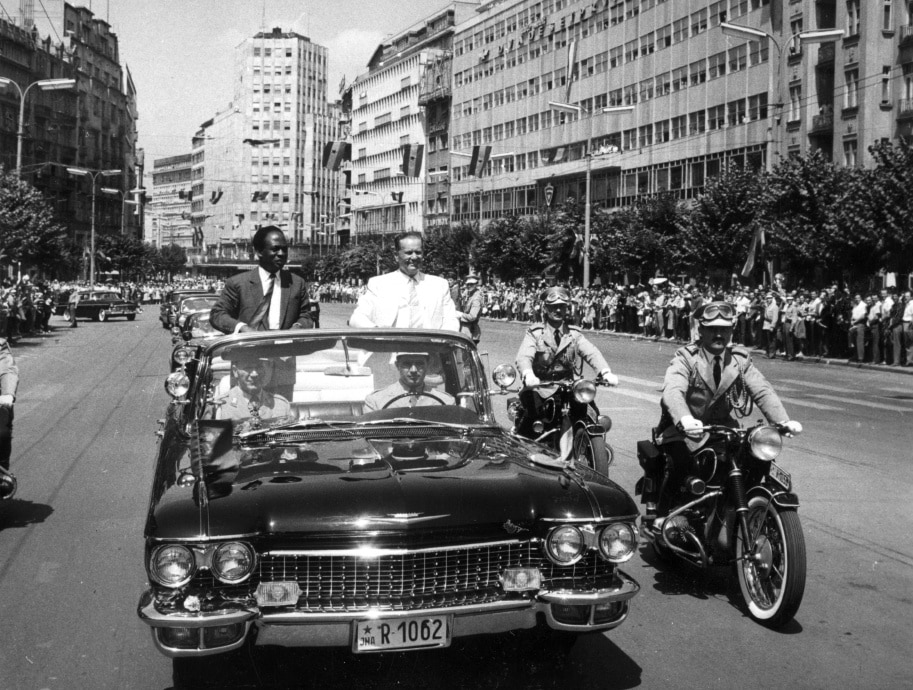
In another referendum in 1964 Nkrumah asked if Ghana should become a one-party state and if his powers as president should be increased. This ballot was rigged, delivering a result showing 99.91% of the vote was in favour.
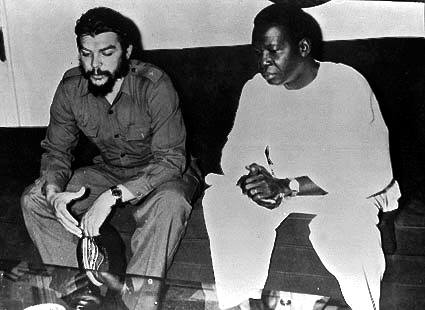
Two years later Nkrumah was overthrown in a military coup.
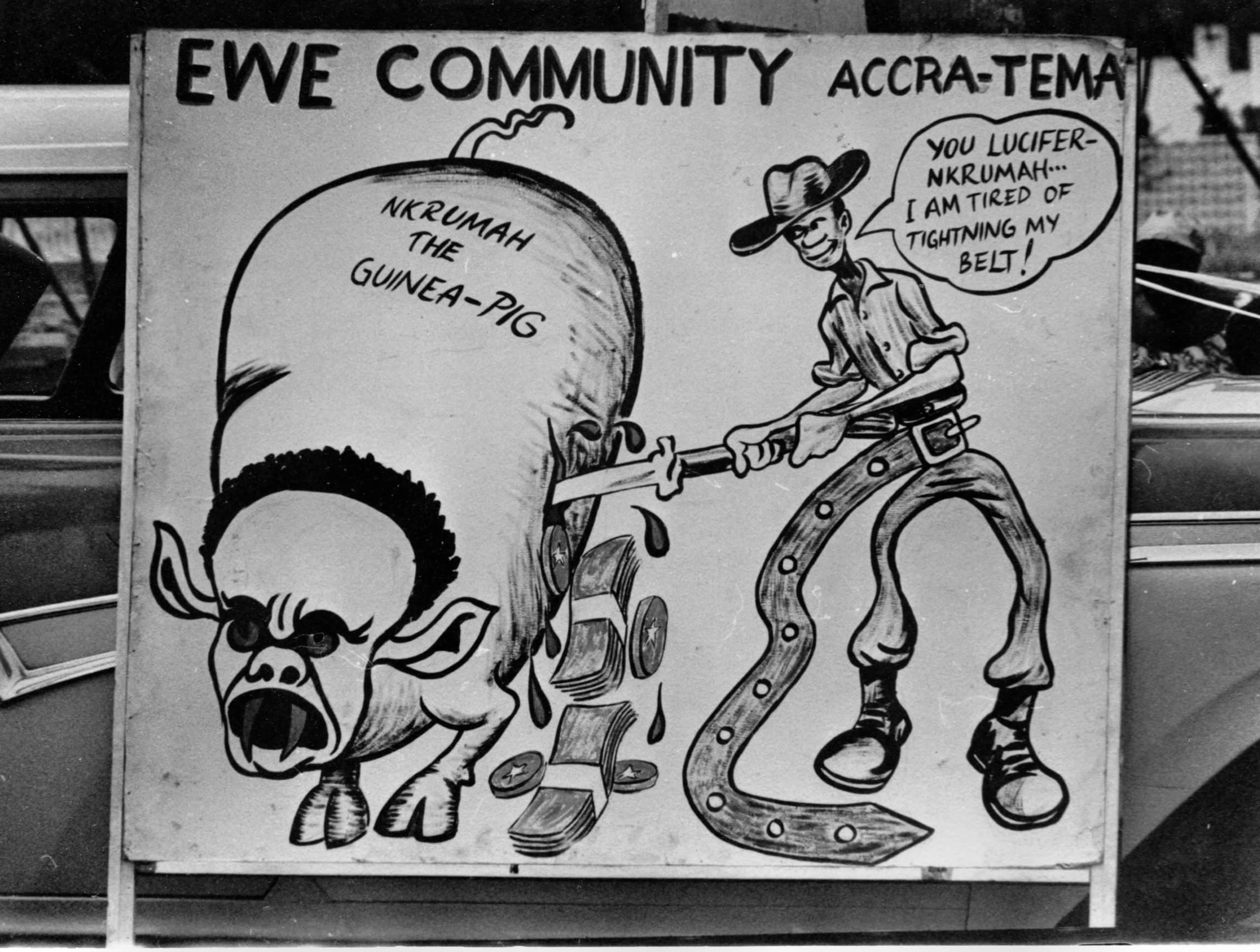
Nkrumah’s example and ideological outlook have remained a powerful influence in Africa’s politics. He is still venerated today by Pan-Africanists, who often place a silhouette of Africa on their flags in which a star over Ghana radiates light to the rest of the continent.

Nkrumah also helped to spread communist ideas across Africa not only by example but also through his Kwame Nkrumah Ideological Institute, a school designed to train Africa’s leaders for post-independence. It was at this school that Robert Mugabe claims he embraced Marxism.
If you like what you have just read, support the Daily Friend

